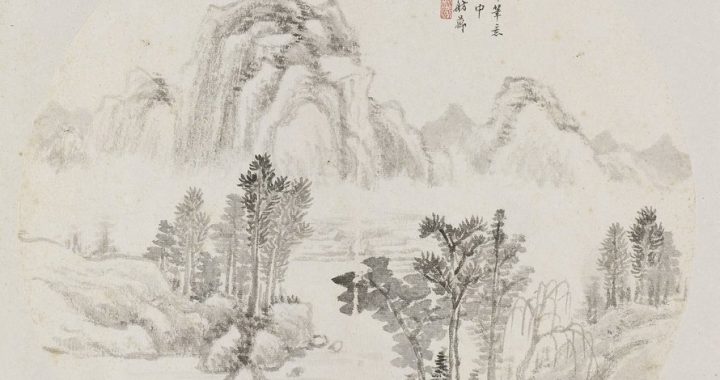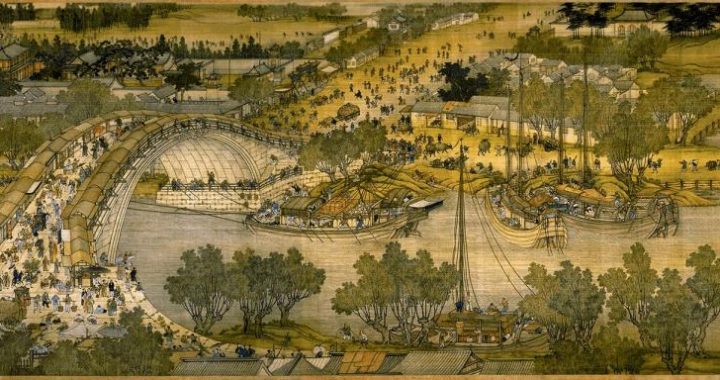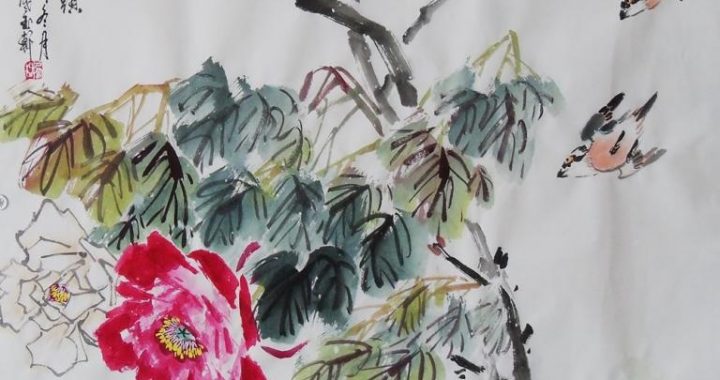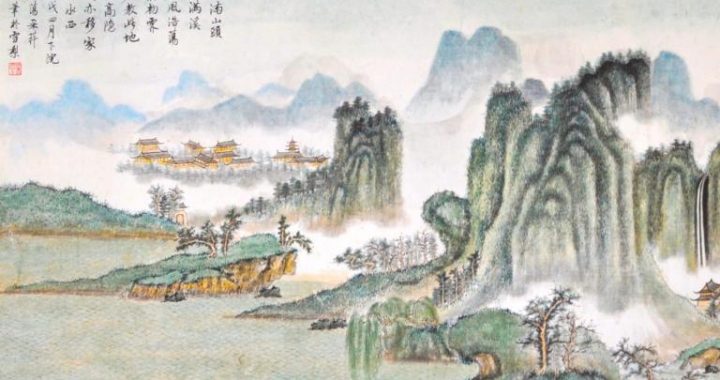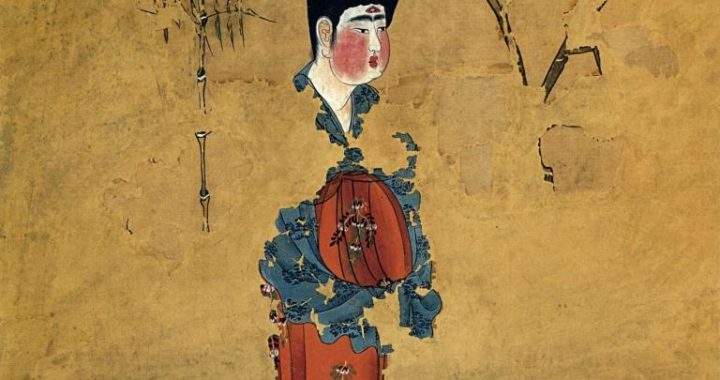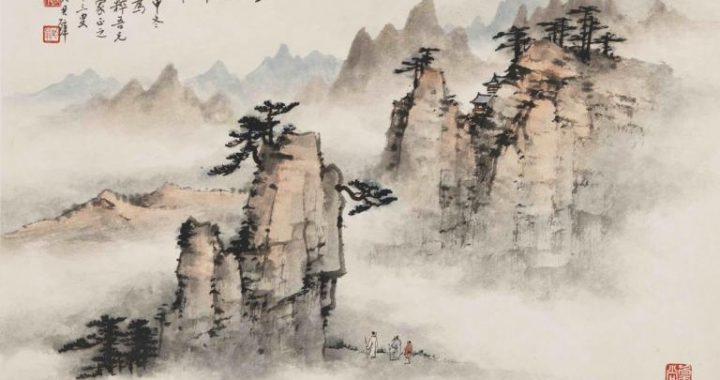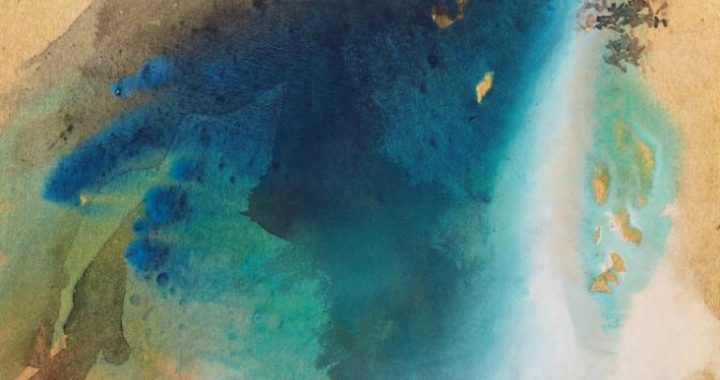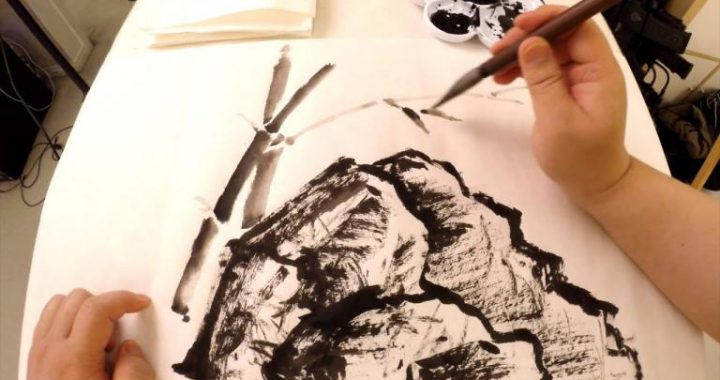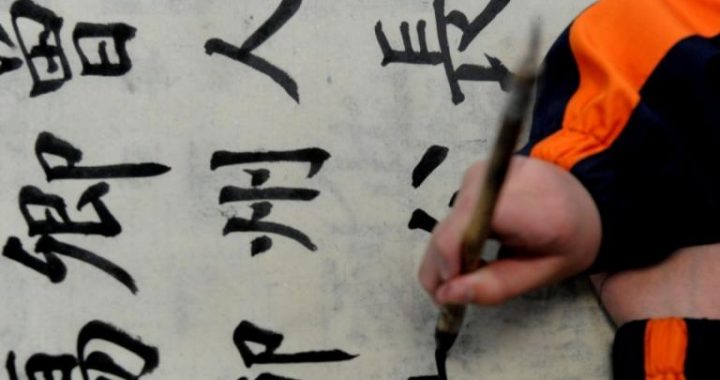Rising Star of the Qing Dynasty
8 min readThe literature of the time exhibited a melting-pot scenario. All types of literature thrived and achieved high accomplishment. The Qing poetry, though not as good as that of the Tang and Song dynasties, still excelled that of the Yuan andMing dynasties, especially after the Qing rulers secured their reign, the realism and militancy began to decline with rise of revivalism. In poetry, one after another there were theory of spirit, theory of pattern and theory of texture, and in ci, there were Yangxian style, Zhexi style and Changzhou style. Many literary schools co-existed, thrived and blossomed into a spectacular scenario.
Poem writing was very active in the early Qing dynasty, which was largely due to the contribution made by poets from the former dynasty, they were represented by GuYanwu and Qu Dajun, etc. Some Qing poets such as Qian Qianyi and Wu Weiye also did a good job.

Gu Yanwu(1613-1682, along with Huang Zongxi and Wang Fuzhi, was called one of the three great thinkers of Ming and Qing. Gu claimed that poetry should serve as a tool for expressing one’s feelings rather than pursue formal beauty sedulously. As a poet of strong national awareness and by sticking to realism in poem writing, Gu expressed his memory of the ancient times and the sorrow over his times. The themesof his poems are mainly about the rise and fall of his country and nation, thus are rich in historical description, dignified in artistic styles, strong in realism and politics and typical of epic characteristics.
Huang Zongxi(1610~1695) was a noted historian and thinker of the late Ming and early Qing. Following his father’s will, he led scholars in the struggles against the eunuchs. He was learned in history, astronomy, calendar, mathematics, music and his accomplishment in prose was especially significant. His achievement in poetry was also laudable.
Wang Fuzhi(1619-1692) was a famed poet and thinker in the early Qing dynasty.

He was knowledgeable and wrote many books about historiography and philosophy. Inpoem writing, he claimed that poets should mainly write about meanings and should follow the nature instead of the ancient practice. His poems mainly express his worries over his country and his people or sarcasm over his times. His diction is profound and alerting, having great influence on later generations.
Wang Shizhen (1634-1711) was the major representative of the style of spirit. He highly praised the style of Wang Wei and Meng Haoran for being fresh and indifferent to fame or gains and did not oppose the style of Du Fu for being profound and vigorous. In his early writings, he proposed that poetry should be “classical, far-reaching, harmonious and standardized”, which meant that poems should be elegant in forms, far-reaching in images, harmonious in music and rhymes and standardized inlaws and rules. His theory directly became the source of poetics. His poetics was unique in that it stressed the importance of learning the tradition and opposed the imitation, and proposed that the learning of the classics should be combined with innovation. In the eyes of Wang Shizhen, poets should not just copy the exterior appearances of classics but should be close in spiritual levels. His poems andtheories about poems all advocated the charm of spirit, which referred not the images in the poems of Wang Wei or Meng Haoran, but a distant and implied world of imagination in a broad sense. His theory produced far-reaching influence on later generations.
Shen Deqian (1673-1769), the major representative of the style of patterns. Heonce wrote four anthologies of respective dynasties and tried to promote the tradition of feng and ya of poetry by compiling the history of poems. He recommended an implied, delicate and honest style and opposed the straightforward way of writing. He once attempted to rectify the distant way of writing of the style of spirit but failed. In politics, he moved rapidly along his career and met few setbacks, which was helpful in promoting his proposal of following the exemplar of Tang poets. Besides, he also tried to revitalize the tradition of educating people by poetry and resume the political and educational functions of poetry. But the literature cleansing of the time was so frightening that people were all scared.

Under such high-pressure of cultural control, his idea was only an impractical dream and was unlikely to be carried out in social reality.
Weng Fanggang (1733-1818) was the leading writer of texture style in the Qing dynasty. He thought that poets should carefully study the texture of poetry with pursuit of practical significance. He suggested that poets should pursue the precision of style on the basis of Confucian classics. He also practiced his theory in his writing and explained the textures with argumentations and unity and coherence so as to link poetics, knowledge and Confucian school of idealist philosophy. This had just reflected the trend of unifying argumentations, textual research and poetry and research since the periods of Qianlong and Jiaqing of the Qing dynsty.
Yuan Mei(1716-1797) was the chief figure of Xingling (emotion and spirit) style. He was so distinguished in poetry that he was called, along with Zhao Yi and Jiang Shiquan, the one of the “Three Masters in Qianlong reign”. In poetry composition, he pursued a fresh, artful, natural and honest style. His highest achievement was in poems praising history and about travels. In poetic theories, he advocated freedom from restraints, liberty and writing out of emotions and displayed a trend in anti-moral thinking. His critical and pioneering proposals were widely implemented in his works.
Huang Jingren(1749-1783) was a persistent writer who dedicated all his life into poem writing. His poems are sentimental, sorrowful, of hidden bitterness. He was called”autumn worm drinking dew and sick cranes dancing in wind”. But his writing styles were varied and inherited the styles of Li Bai, Li He and Li Shangyin. Many well-known critics even called him a genius, which reflected his high success in poetry.
In general, the Qing dynasty is a period in which ancient Chinese cultures were compiled and summarized. In this special and important period, everybody might hold a complicated literature theory and the inconformity in one’s early and later theories should be fully understood and recognized and viewed in an objective, peaceful mood.
Starting from the Opium War (1840-1842), the development of ancient Chinese poetry entered into its period of modern poetry, which was filled with bloodshed, humiliation, and revolutionary zeal as well. The imperialist powers’ invasion, the collapse of feudal society, the sprouting of capitalism and the emergence of the capitalist class, all turned China from a feudal society into a semi-feudal and semi-colonial society. During this period, the contradictions between the general public and the Qing government and the imperialist powers were becoming more and more intensified, acute and apparent. Under such circumstances, poetry began to become a dagger in fighting against imperialism and feudalism and was playing an increasingly key role in social activities. Meanwhile, the poems of old style written to maintain the old system were also struggling for survival.
Gong Zizhen(1792-1841) was a pioneer in modern China’s reform of ideology and was also an outstanding poet in progressive poetry trend. In literature, he opened the new trend in criticizing the decayed rule of feudal rulers and in exposing social weaknesses.A poem written by him reads: Only in wind and thunder can the country show its vitality; Alas, the ten thousand horses are all muted!
0 heaven! Bestir yourself,I beseech you,
And send down men of all talents.
Thus it can be seen, he hoped to break through the dead water of feudal society with dynamic reforms.
In addition, poets like Wei Yuan, Zhang Weiping, Lin Zexu, Zhang Jiliang, Yao Xie, Lin Changyi were all using their patriotic pens to accuse of the crimes of imperialist invaders, to expose the social reality and to actively promote reforms.
Later, Liang Qichao put forward a slogan of “revolution in the circles of poetry”, thus new poetry styles began to develop and many excellent poets such Huang Zunxian,Kang Youwei, Tan Sitong and Qiu Fengjia began to rise. The poetry revolution paved ways to the May 4th New Poetry Movement and predicted the end of classical Chinese poetry and the coming of a more thorough poetry revolution age, it was of great significance in the history of China’s poetry development.
The May 4th period was an important period for the great development of modern Chinese poems. During this period,a large number of excellent poets such as Hu Shi, Lu Xun, Guo Moruo, Cheng Fangwu, Zheng Zhenduo, Zhu Ziqing, Yu Pingbo, Guo Shaoyu, Ye Shentao, Bing Xin and Wang Jingzhi emerged. Among them, Guo Moruo contributed themost to the development of new poems. He is called the great founder of the art ofnew poetry. As the standard-bearer of China’s modern new poetry movement, he blazed the trail for the development of new style. His first poem anthology, titled The Goddess, creates the self-image of a revolutionist who wants to battle cry at theverge of the earth and to keep destructing, creating and working. In addition, many poetry schools appeared one after another. The Creation Society, Chenzhong Society, Lakeside Society, New Moon style, symbolic style, modern style and the Leftist Union a1l developed rapidly, which directly propelled the popularity of new poetry during the war of resistance against Japan.
What needs to be pointed out is that although the new poetry has developed into mainstream since the May 4th Movement, the mature classical Chinese poetry developed from the Tang and Song period is still active in literary circles. China’s late leaders such as Mao Zedong, Zhou Enlai, Zhu De, Ye Jianying, ChenYi and Dong Biwu were all the outstanding poets writing in traditional styles. Mao Zedong, in particular, in his writing combined revolutionary realism and romanticism into one.
His poem anthology is of extremely high value of art and set an exemplar for Chines poets. Thus, the classical poetry is still loved by the public and will continue to keep its vitality.
Closing
Along the path of poetry development, we seem to have walked through another Great Wall—a journey with flowers on the sides, so colorful and so fragrant.
When we look back, our memories still linger although the resonance of the bell of history is becoming farther and farther. But the long-lost taste of poetry is there for us to discover. Whether these poems are flowery, or simplistic, or quie or heart-quaking, they are just like ever-lasting stars, shining through all ages.

We are perhaps only passing travelers. Our footsteps might not be valuable enough to be left in the long corridor of history. But one thing is for sure, we learn a lot after every journey. Those priceless and marvelous treasures are like a clean stream flowing into every dried up corner of our heart. We see the green of forest and its silent spreading, sending our hopes and dreams into the heaven of ideals.
On that land, flowers blossom, so does poetry.
